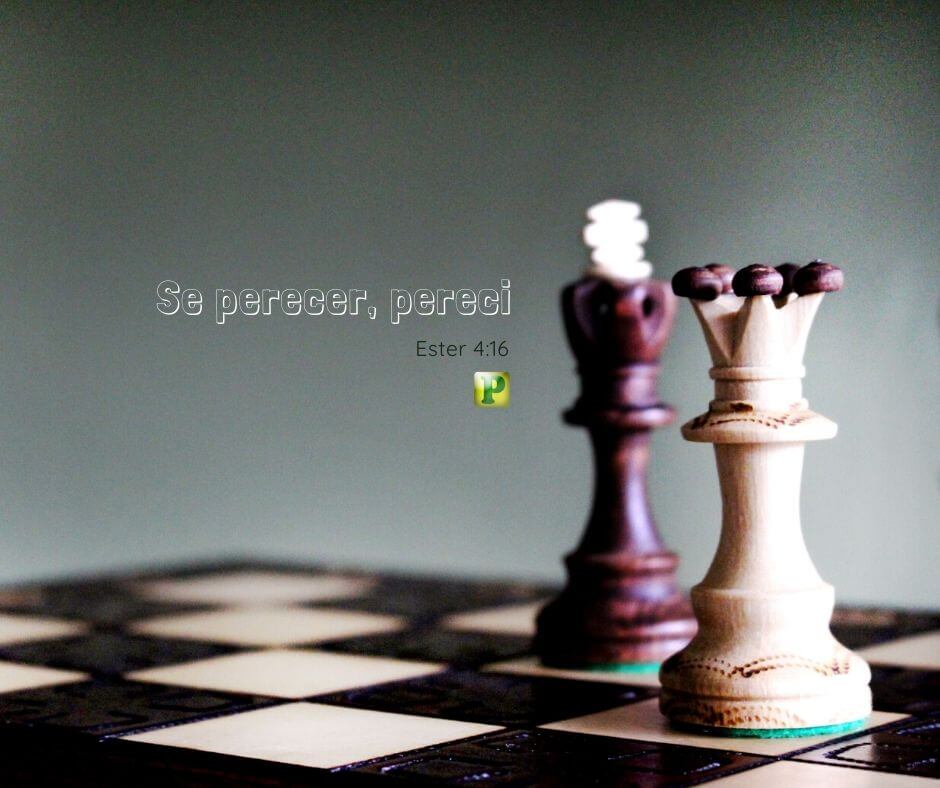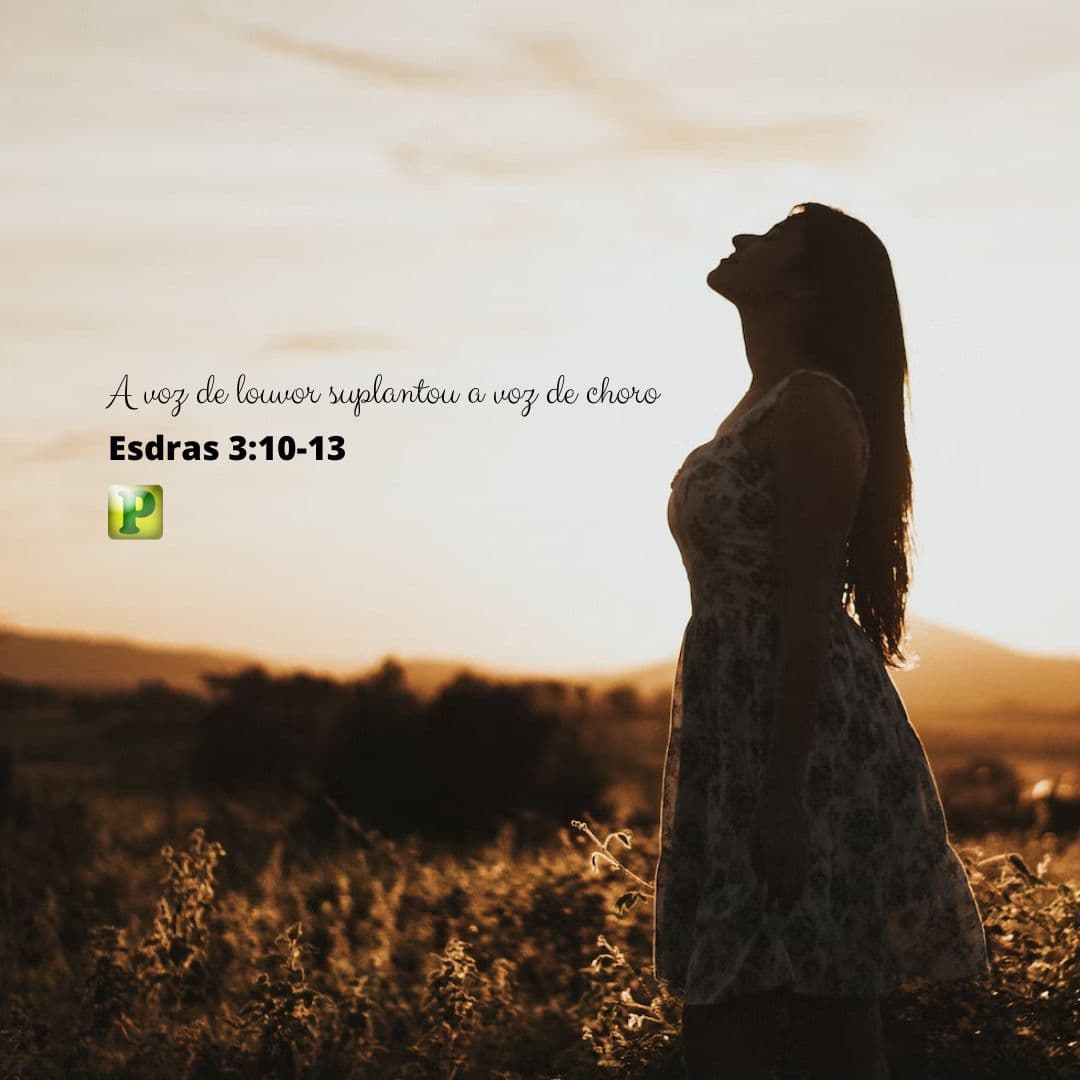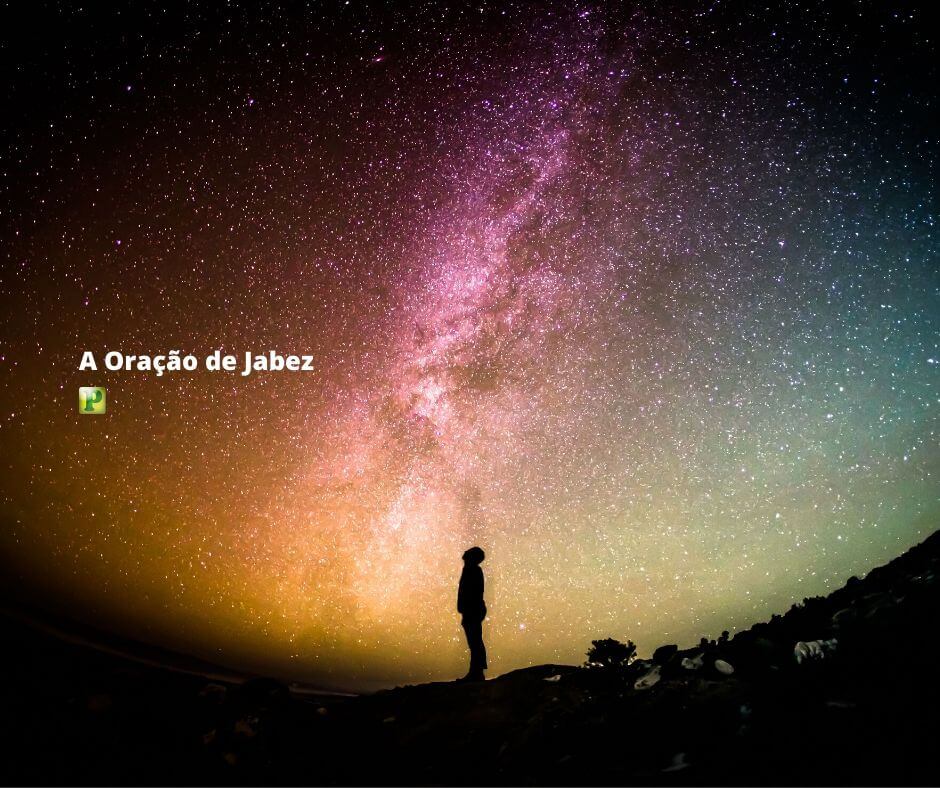The priest who tore his clothes for the man
Preaching Outline on Ezra 9:5-8 – “And near the evening sacrifice I arose from my affliction, having torn my garment and my cloak, and got down on my knees, and stretched out my hands to the Lord my God. And I said, “My God! I am confounded and ashamed to lift up my face to you, my God, because our iniquities are multiplied upon our heads, and our guilt is grown up to the heavens. From the days of our fathers to this day we have been in great guilt, and because of our iniquities we, our kings and our priests, have been delivered into the hands of the kings of the lands, to the sword, to captivity, to robbery, and to confusion of face, as it is this day. And now, as for a little while, grace has come to us from the Lord our God, to leave us some who escape and to give us stability in his holy place; to enlighten our eyes, O our God, and to give us a little life in our servitude.”
Introduction to Ezra 9:5-8
A heart broken by sin
Ezra was a special man, set apart for God. He was a priest, a teacher of the Law and an intercessor for the people. His role was to mediate between God and man, but he was also human, someone who felt the consequences of sin deeply.
When Ezra saw the spiritual state of the people – mixing with other cultures, forbidden marriages, clear disobedience to God’s Word – he wasn’t indifferent. He didn’t simply point the finger or judge. He went so far as to identify with the people’s sin. He tore his clothes, humbled himself before God and cried out for mercy.
After all, many of us also live in situations that seem to have no way out. Sin, disobedience and the consequences of wrong choices can weigh as heavily on us as they did on Israel. But just like Ezra, we can seek God’s grace.
Development
The cry of an intercessor
1. The weight of sin
In verse 5, Ezra describes his attitude towards sin. He tore his clothes and his cloak, a symbol of deep sorrow and repentance. He got down on his knees, stretched out his hands to heaven and began to pray. Ezra wasn’t just representing the people; he was taking responsibility for the collective sin. He says: “I am confounded and ashamed… Our iniquities have multiplied upon our heads, and our guilt has grown to the heavens.”
This teaches us something fundamental: the true intercessor is not someone who just prays, but someone who feels the weight of sin as if it were his own. Ezra knew that sin brings devastating consequences: death, captivity, theft and confusion. These words still echo in our reality.
2. Living under the consequences of sin
Today, we too face these same consequences. And they manifest themselves in various ways:
- Deliverance from the sword:
The “sword” symbolizes divine judgment, but it can also represent emotional, spiritual and physical death. Many people are dead in their trespasses and sins (Ephesians 2:1). They live without purpose, peace or direction. It’s as if they were under a death sentence, trapped in destructive cycles. - Captivity:
Sin is a cruel master. It traps us in addictions, compulsions and destructive behaviors. It also traps us in religiosity, where we think we are accepted by God because of our works, when in fact only the blood of Jesus can save us. - Theft:
The thief comes to steal, kill and destroy (John 10:10). He steals our joy, our hope and our future. How many of us have experienced this? Frustrated dreams, broken relationships, lost health – all this is the fruit of sin and the enemy at work in our lives. - Confusion:
Without God, we are lost. We live in spiritual darkness, not knowing where to go. It seems that everything is going wrong, that there is no way out. This confusion is a direct result of turning away from God.
But here’s the good news: just as Ezra found favor with God, so can we!
3. The grace that transforms
In verse 8, Ezra recognizes that even in the midst of guilt and the consequences of sin, God granted a moment of grace. He allowed some to escape, gave stability in His holy place and enlightened the eyes of the people.
This brings us directly to the work of Christ. Ezra was a type of Christ, but Jesus came as the true High Priest. Just as Ezra tore his clothes, Jesus had his clothes torn during the crucifixion. Just as Ezra cried out for mercy, Jesus cried out to the Father: “Forgive them, for they know not what they do” (Luke 23:34).
That Friday at three o’clock in the afternoon, there wasn’t just a moment of grace – there was the inauguration of eternal grace! For the first time, the veil of the Temple was torn from top to bottom, symbolizing that we now have direct access to the Father through Jesus. We no longer need human mediators; Jesus is our only mediator (1 Timothy 2:5).
Conclusion of Ezra 9:5-8
Grace, stability and light
Jesus didn’t just deliver us from the sword of judgment; he gave us eternal life. He rescued us from the captivity of sin, freeing us to be children of God. He took back everything the enemy had stolen: our joy, our peace, our dreams. And he has dispelled the darkness, illuminating our eyes with his light.
As John 8:12 says: “I am the light of the world; whoever follows me shall not walk in darkness, but shall have the light of life.” Today, by God’s grace, we are not just in the holy place – we are in the Holy of Holies. We have unrestricted access to the Father, not by our works, but by Jesus’ perfect sacrifice.
May we, like Ezra, recognize our need for God and seek his face. But above all, may we celebrate the grace given to us in Christ Jesus. Because He has already torn His clothes for us, He has already paid the full price, and now we can live free, firm and full of light.
Preaching Outline on Ezra 9:5-8 – “And near the evening sacrifice I arose from my affliction, having torn my garment and my cloak, and got down on my knees, and stretched out my hands to the Lord my God. And I said, “My God! I am confounded and ashamed to lift up my face to you, my God, because our iniquities are multiplied upon our heads, and our guilt is grown up to the heavens. From the days of our fathers to this day we have been in great guilt, and because of our iniquities we, our kings and our priests, have been delivered into the hands of the kings of the lands, to the sword, to captivity, to robbery, and to confusion of face, as it is this day. And now, as for a little while, grace has come to us from the Lord our God, to leave us some who escape and to give us stability in his holy place; to enlighten our eyes, O our God, and to give us a little life in our servitude.”
More Preaching Outlines
- Go up to Jerusalem – Ezra 1:3
- The voice of praise – Ezra 3:10-13
- The young men shouted for joy – Ezra 3:10-13






